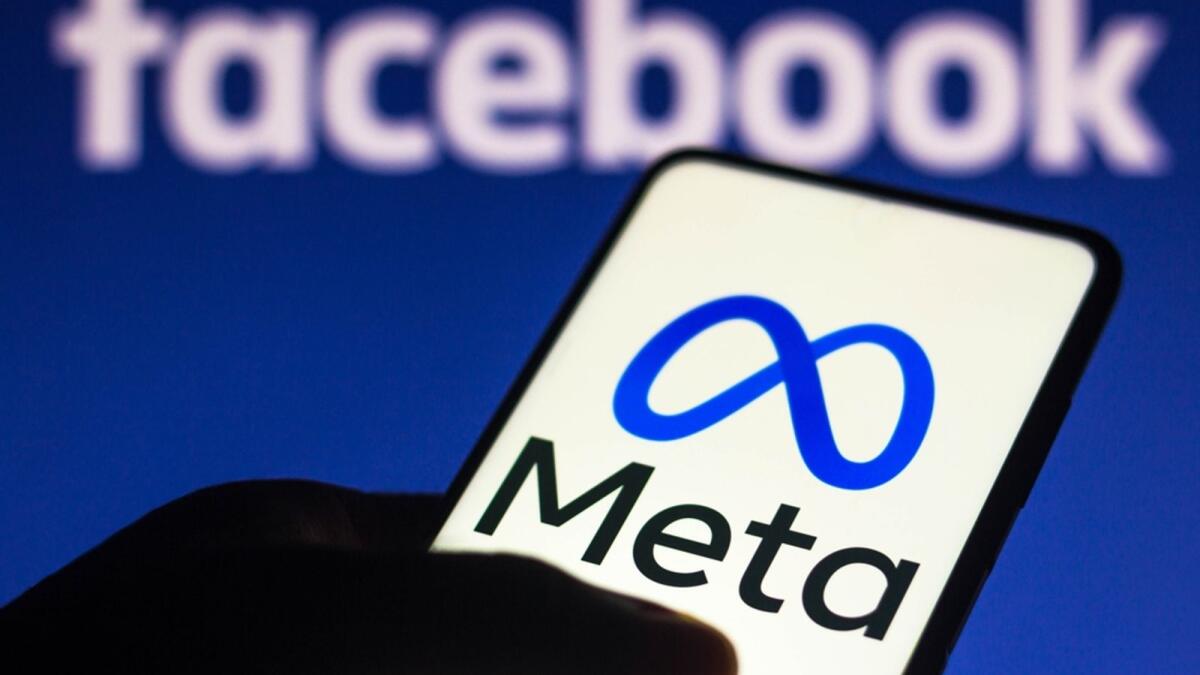Meta has announced that it is banning Russian state media outlets from its apps worldwide due to “foreign interference activity.” This decision comes after the United States accused RT and its employees of covertly funneling $10 million through shell entities to fund influence campaigns on social media platforms such as TikTok, Instagram, and YouTube. Meta, the parent company of Facebook, Instagram, WhatsApp, and Threads, stated that they have expanded their enforcement against Russian state media outlets, including Rossiya Segodnya, and RT due to foreign interference activity.
RT was forced to cease operations in several countries, including the US, UK, EU, and Canada, following sanctions imposed after Russia’s invasion of Ukraine in February 2022. US prosecutors revealed that RT had created an empire of covert projects to shape public opinion in Western audiences. One of these projects involved funding an online content creation company in Tennessee, which has produced nearly 2,000 videos with over 16 million views on YouTube. Despite being funded by RT, the company did not disclose this to viewers, leading to accusations of malign influence campaigns by US prosecutors.
According to threat reports released by Meta, Russia is the biggest source of covert influence operations disrupted by the platform since 2017, and these efforts have increased significantly following Russia’s invasion of Ukraine. The social media giant had previously banned the Federal News Agency in Russia to prevent foreign interference activities by the Russian Internet Research Agency. RT’s capabilities were expanded last year with cyber operational capabilities and ties to Russian intelligence, primarily focused on influence and intelligence operations globally. Information gathered by covert RT operations flows to Russia’s intelligence services, media outlets, mercenary groups, and other proxy arms of the Russian government, according to the US State Department.
The State Department has been engaged in diplomatic efforts to inform governments worldwide about Russia’s use of RT for covert activities and to encourage them to take action to limit Russia’s interference in foreign elections and the procurement of weapons for its war against Ukraine. The indictment unsealed in New York revealed that an RT editor-in-chief acknowledged creating covert projects to shape public opinion in Western audiences. One of these projects involved funding an online content creation company in Tennessee, which generated nearly 2,000 videos with over 16 million views on YouTube. Despite the funding source, the company did not disclose this information to viewers, leading to accusations of malign influence campaigns by US prosecutors.
In response to the ban imposed by Meta on Russian state media outlets, including Rossiya Segodnya and RT, the Russian government enhanced RT’s cyber operational capabilities and ties to Russian intelligence. The State Department highlighted that these capabilities were primarily focused on influence and intelligence operations globally. Information gathered by covert RT operations is channeled to Russia’s intelligence services, mercenary groups, media outlets, and other proxy arms of the Russian government. The US government has been actively working with other countries to raise awareness about Russia’s use of RT for covert activities and to limit its interference in foreign elections and the procurement of weapons for the war against Ukraine. Meta had previously banned the Federal News Agency in Russia to prevent foreign interference activities, indicating a growing concern over Russian state media’s impact on global platforms.











